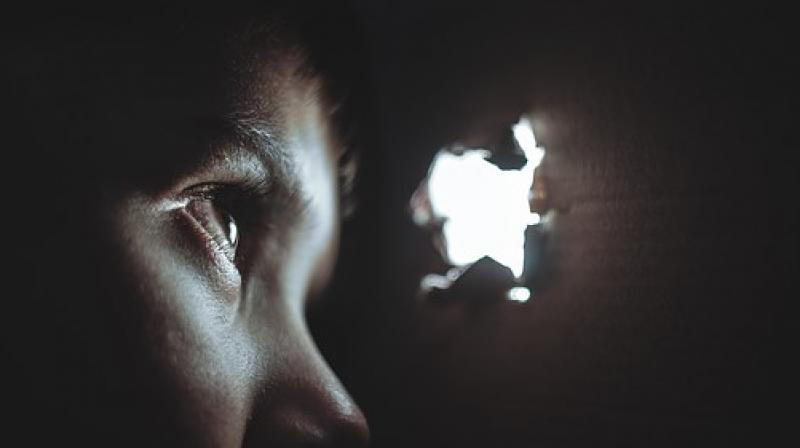Childhood 'toxic stress' linked to parenting challenges in adult life: Study
Adverse childhood experiences (ACEs) can include witnessing parents fight or suffering from sexual, physical, mental abuse.

Parents who endured “toxic stress” during childhood may be more likely to have kids with developmental delays and have a harder time coping with their children’s health issues, new research suggests.
Adverse childhood experiences, commonly called ACEs, can include witnessing parents fight or go through a divorce, having a parent with a mental illness or substance abuse problem, or suffering from sexual, physical or emotional abuse.
Previous research has linked these experiences to what’s known as toxic stress, or wear and tear on the body that leads to physical and mental health problems that often continue from one generation to the next.
“What we didn’t know is how these risks are “inherited,” or specifically what is the chain of events from a parent experiencing adversity in childhood to their own children experiencing adversity early in development,” Sheri Madigan of the University of Calgary and Alberta Children’s Hospital Research Institute in Canada said by email.
One reason may be that mothers who experience more adversity in childhood have more health risks during pregnancy and, in turn, have babies with a greater risk of developmental problems, Madigan and colleagues report in one of three papers on the topic published this week in Pediatrics.
Madigan’s team studied 1,994 mothers and their infants. They focused on mothers’ ACEs and physical and mental health issues during and soon after pregnancy, and their babies’ development.
Maternal ACEs explained about 12 percent of infants’ developmental delays in communication, motor skills, problem solving and social skills by age 1, the study found.
A second study in Pediatrics followed children through age 2 and looked at exposure to 10 different types of ACEs for 311 mothers and 122 fathers.
For each additional ACE mothers experienced, children were 18 percent more likely to have a suspected developmental delay. Kids had a 34 percent higher risk of delays for each ACE fathers experienced.
When mothers reported exposure to at least three ACEs, kids were significantly more likely to have multiple developmental delays, the study also found.
These delays may limit school readiness and emotional health, said study leader Alonzo Folger of Cincinnati Children’s Hospital Medical Center.
“Childhood exposure to abuse, neglect and other forms of household dysfunction can have psychobiological effects that are toxic to the brain during sensitive time points of development,” Folger said by email.
“Accumulating over the life course, these effects may undermine parenting and relatedly attachment, making it more difficult to handle normal behaviors of infants and toddlers,” Folger added. “We increasingly recognize the disruptive nature of toxic stress caused by early life adversity and the importance of early intervention.”
A third study in Pediatrics looked at the link between ACEs and coping skills in 671 parents after they took sick kids home from the hospital. Overall, 64 percent of parents reported at least one ACE, and 19 percent reported at least four ACEs.
Parents who experienced more adversity and trauma during childhood displayed less resilience and more difficulty coping and caring for their sick children, researchers found.
The three studies weren’t designed to prove whether or how parents’ traumatic childhood experiences might directly impact physical or mental health outcomes for their kids.
Still, the results suggest that providing extra support for parents with ACEs might help improve outcomes for their children, said Anita Shah of Cincinnati Children’s Hospital Medical Center, lead author of the third study.
“The effect of a stable, nurturing relationship for a child is incredibly important to mitigating the effects of adversity, or ACEs,” Shah said by email. “For a parent with high ACEs, this may mean reaching out to someone to help them learn how to cope with daily stressors as well as making sure their children can find ways to cope with toxic stressors.”

